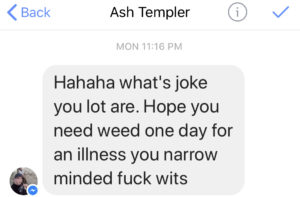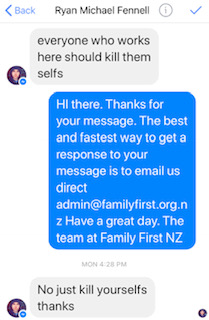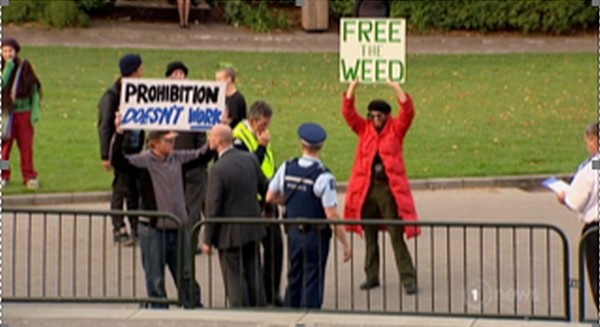
Media Release 29 May 2020
A new poll – the first to be taken after the proposed bill to regulate cannabis was published by the Government – reveals that support for legalising cannabis for recreational use continues to drop.
The survey by Curia Market Research shows that 50% of New Zealanders said they plan to vote against legalisation, and only 35% are planning to vote in favour. 15% are undecided or wouldn’t say. Ignoring the undecided voters, the potential result is 59% against and 41% in favour. Strongest opposition comes from men, older voters and National voters. Labour voters appear split on the issue.
This polling is consistent with previous polling on the issue. The Horizon Research poll shows support for legalising has plummeted from 60% late 2018 to just 39% in 2019. This is a similar trend to the 1 NEWS Colmar Brunton Poll (39% support, down from 43%), and the Newshub-Reid Research Poll (41.7% support).
“We’re stoked that our messaging and our SayNopeToDope campaign is getting through to families. It is clear that while Kiwis strongly support a compassionate response to those in real need with a cautious and researched approach around cannabis medicine, when they thoughtfully consider the real implications of legalising recreational use, they completely reject the proposal – and rightly so.”
Evidence shows that marijuana – which has skyrocketed in average potency over the past decades – is addictive and harmful to the human brain, especially when used by adolescents. In US states that have already legalised the drug, there has been an increase in drugged driving crashes, youth marijuana use, and costs that far outweigh tax revenues from marijuana. These states have seen a black market that continues to thrive, sustained marijuana arrest rates, and tobacco company investment in marijuana.
“At a time when New Zealand’s mental health system is bursting at the seams, why would we go and legitimise a mind-altering product which will simply add to social harm?”
ENDS


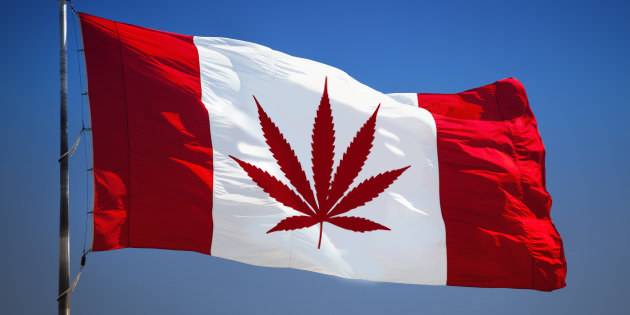

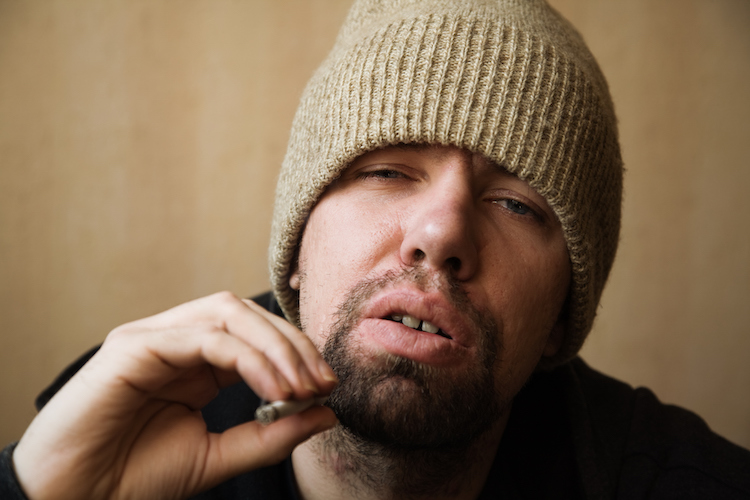

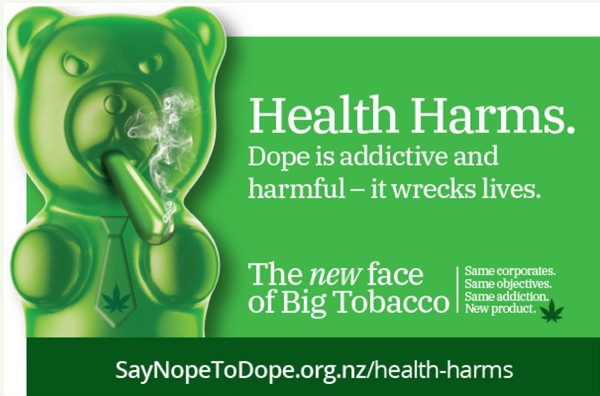
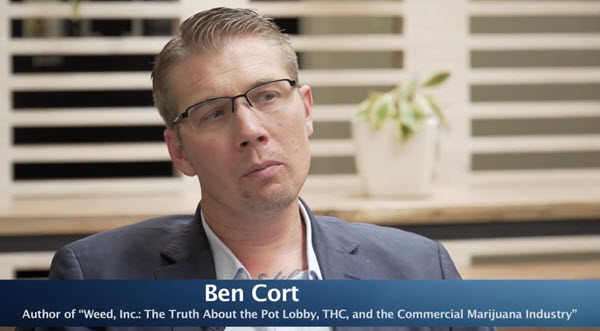
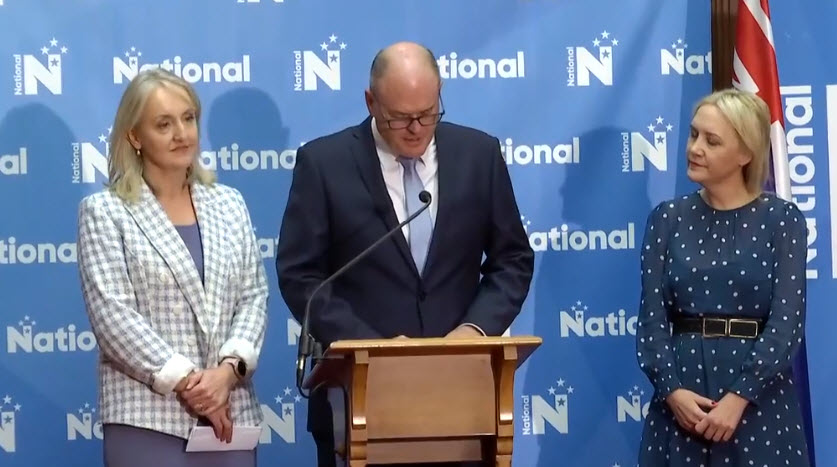
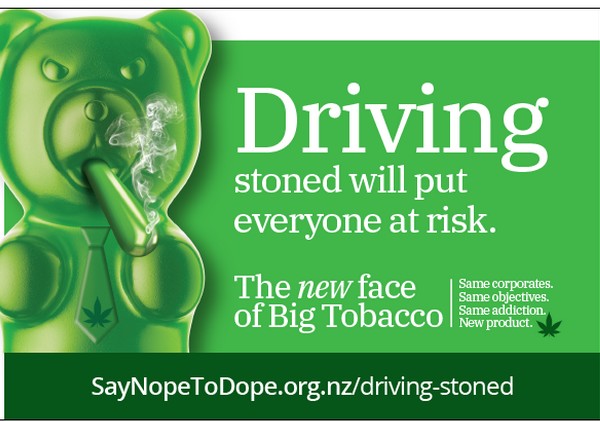
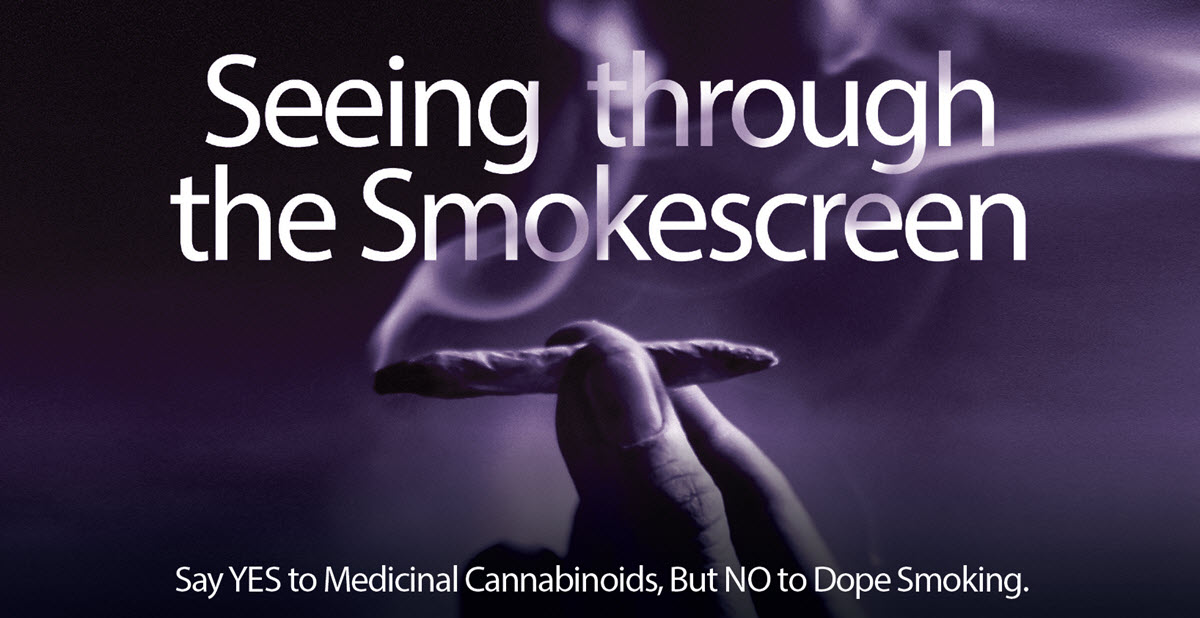
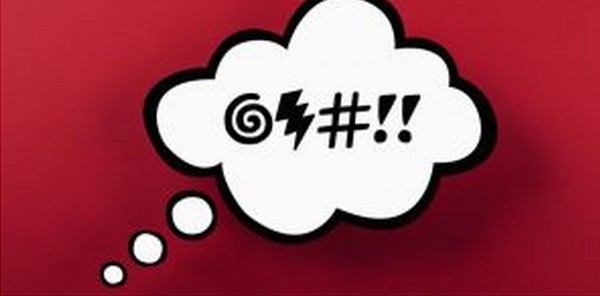
 With the debate on legalising marijuana well under way, the common perception of the dope user is a relaxed mellow chilled-out smoker – just minding their own business. Love, peace and harmony.
With the debate on legalising marijuana well under way, the common perception of the dope user is a relaxed mellow chilled-out smoker – just minding their own business. Love, peace and harmony.



